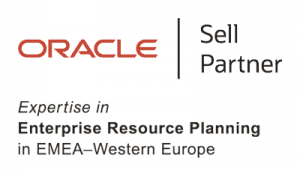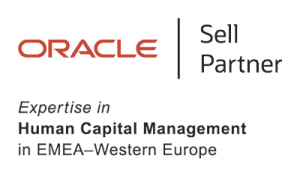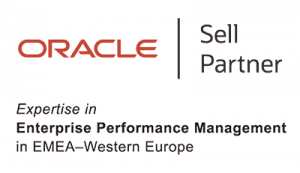Why are mergers happening more often?
Multi-Academy Trusts (MATs) increasingly view mergers as avenues to develop growth and excellence. Achieving a smooth transition and unification is essential for centralised back-office services, and automated digital-first transformation is the future. Embracing technology enables a trust to navigate the complexities of mergers more effectively, enhancing efficiency, transparency, and advancing the journey to becoming a High-Quality Trust.
Powering mergers with digital automation
Trusts encounter multiple complex challenges during mergers, including disparate, duplicated systems, communication alignment, and slow disconnected data silos. A digital transformation provides tools and frameworks to overcome these hurdles. Adopting cloud technology means processes and systems are automated, streamlining stakeholder involvement and expediting the value of data across the trust. The growth of AI (Artificial Intelligence) and ML (Machine Learning) enhances operational efficiency, exception analysis with data-driven decision-making as emerging technologies are embraced.
Mergers aim to:
Improve educational standards
Deliver economies of scale
Develop innovation and evolution
Foster collaboration and unity
Balance flexibility and autonomy
Accelerate growth ambitions
Optimising back-office efficiency and innovation
Well-run centralised back-office support services are vital to any trust’s reputation and performance. Post-merger by consolidating and reducing low-value administrative functions with automation on a unified platform, streamlined processes will result, eliminate duplication, and freeing time to focus on high-value strategic activities. Cloud agility and responsiveness will enable a trust to adapt more quickly and cascade a culture of continuous improvement across operations.
Measuring success and improvement
Trustees that support a MAT bring valuable external perspectives and objectivity. Assisting with prioritising new methods and innovations, balancing contexts, and value are important considerations. Key Performance Indicators (KPIs) provide useful benchmarks for discussion, highlighting the importance of due diligence and feedback on realignment decisions to drive value and growth savings.

How does your trust measure up?
Success rate: 70-90%
70-90% of mergers fail to meet their intended objectives, highlighting why due diligence and strategic re-alignment planning is essential
Synergy realisation: 20-30%
20-30% of mergers achieve the anticipated synergies, underscoring that post-merger integration and commitment is essential to drive value and growth savings
Employee retention: 30%
30% of employees voluntarily resign within 365 days following a merger, highlighting importance of change management, communication, and cultural integration to retain talent
In summary
Remaining flexible and open is important in post-merger life. It is the people and culture that help make a trust. People and people management are just as essential as the balance sheet when aspiring to unlock the full post-merger potential. It will take planning, focus, give and take, and understanding to recognise the benefits and value outcomes associated with a merger in order to provide better educational outcomes for all.
As trusts embark on their merger journeys, we at de Novo Solutions stand ready to partner with organisations on their digital transformation journey, driving innovation, efficiency, and success every step of the way.











